If we want to live in a paradise, we'll have to invent it ourselves. If we want eternal life, we will have to rewrite our buggy genetic code and become like a god. Only high-tech solutions can eradicate suffering from the world. Compassion alone is not enough.
Competitive environments

Biotechnology has made human nature entirely revisable, but it cannot in any way direct or constrain the form we give it. So what form will posthuman artifacts take? I have no doubt that our great consumer society, our media-saturated capitalist economy and our commercial forces will come to an end. Then the commercial imperative would become the true architect of the human future.
Authoritarianism of information
We will need to relax our commitment to maximum privacy protection. We are seeing an increase in the surveillance of individuals, and it will be necessary if we are to avoid the threats posed by people with anti-social personality disorders, fanaticism, because of their access to radically improved technology.
Crowds of files on the private and intimate lives of ordinary people, collected on digital networks, are packaged into a new private form of currency reserved for an elite. It is a new form of security negotiated by the wealthy, whose value naturally increases. It becomes a huge leverage, inaccessible to ordinary people.
Systemic dehumanization
The oppressed have often risen up against their masters. But today, the oppressed have mostly been expelled and survive at a great distance from their oppressors. The "oppressor" is increasingly a complex system that combines people, networks and machines whose centre is undefined.
A pro-shareholder world would not only tolerate risk-taking, but would encourage it, as people would be provided with legal incentives to speculate on their bio-economic assets. Living dangerously would become a business in itself... pro-shareholders seeking significant long-term benefits from the survivors of a revolutionary regime that would encourage many harms in order to do so.

" personal autonomy should be seen as a franchise granted by the government where individuals view their bodies as a parcel of land in what can be called a "common gene pool"; and ".

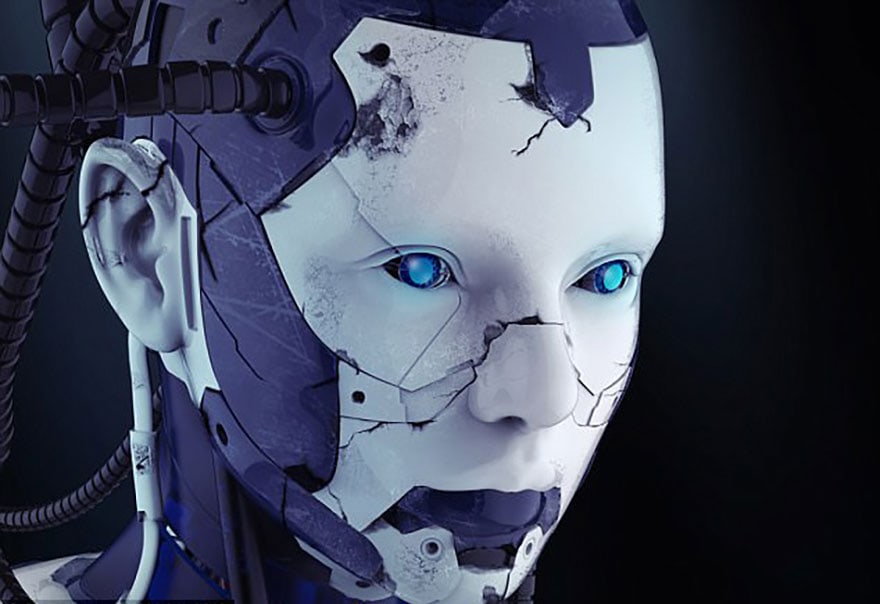
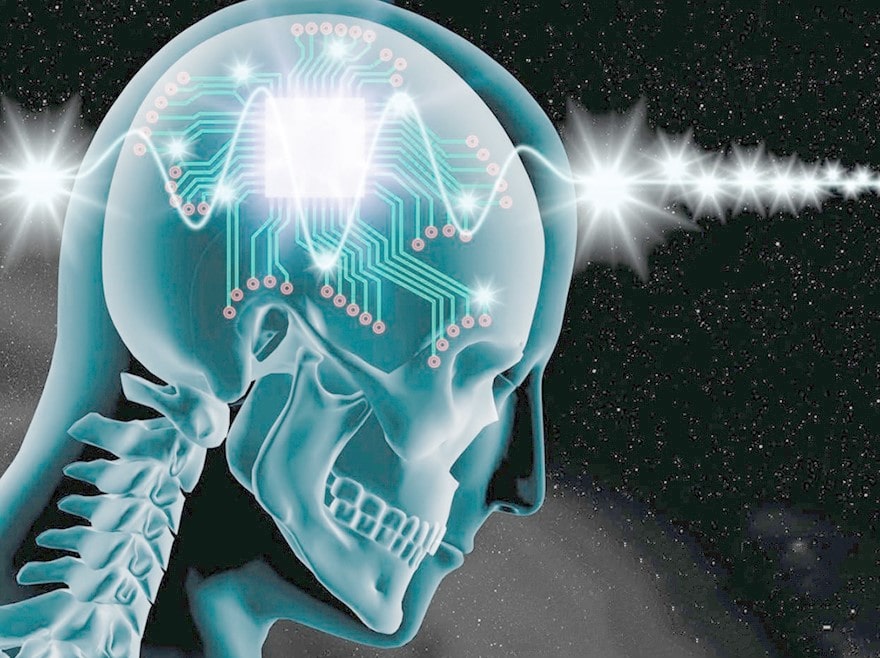
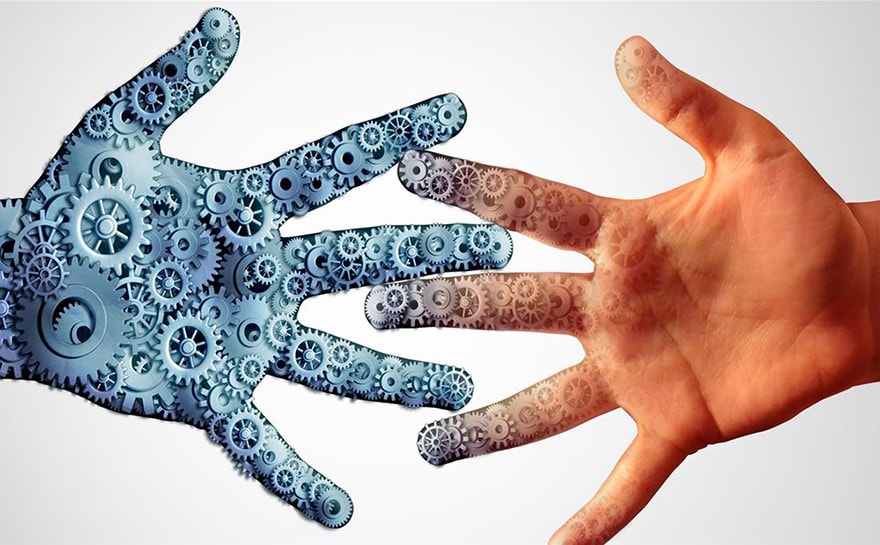
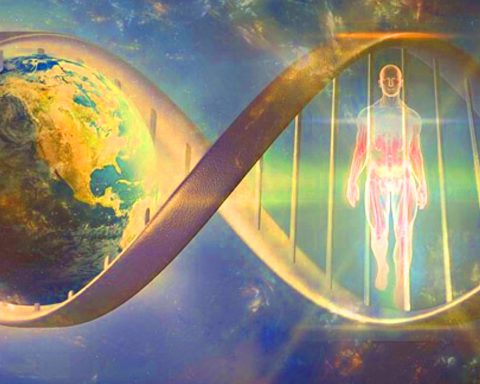
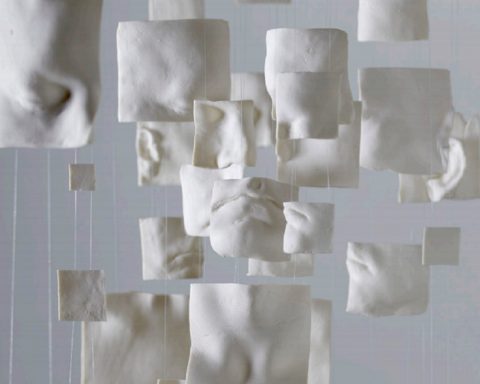

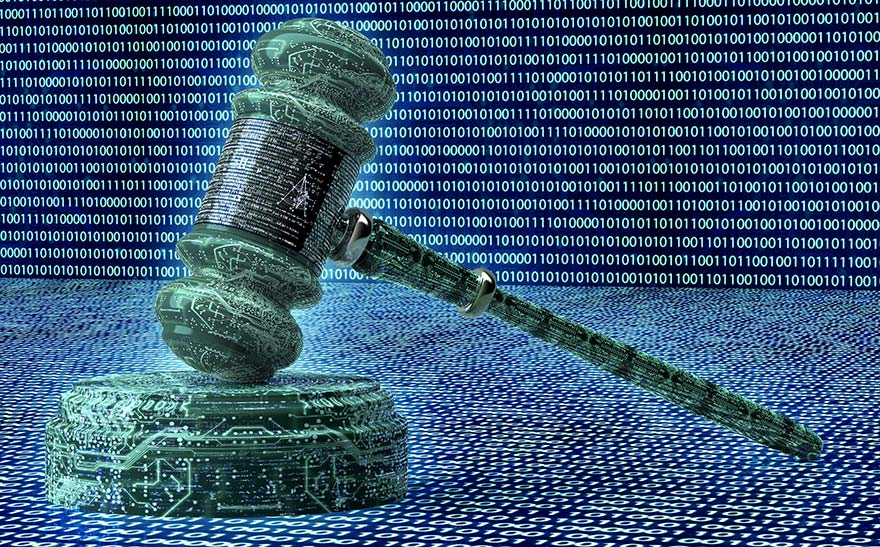





[...] I've seen a preview, and it's a devastating critique - although it isn't really new. To understand why this is important, we first have to understand what "uploading" is and why it matters to the transhumanist movement. That's the Promised Land of such transhumanist prophets as Hans Moravec and Ray Kurzweil. Why Uploading is Impossible - Mark Gubrud. How transhumanism would like to make the elite of the future. [...]